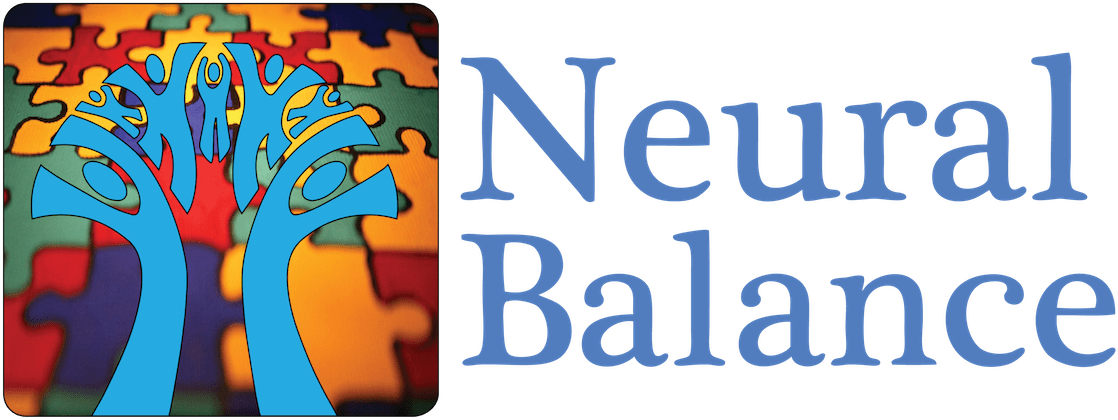Parenting kids with ADHD takes intentionality and patience, along with plenty of trial and error while you discover what works best for every member of your family. One of the many aspects of your child’s life that can influence their levels of focus, overall mood, and anxiety levels is their diet. Choosing some foods over others can make significant differences in the way your kids feel, think, and behave. These are the diet do's and don'ts for kids with ADHD.
Foods to Avoid
The number one thing to make sure your child avoids consuming is sugar. When your child consumes high amounts of sugar, it creates natural drops in insulin levels. When this happens, it can significantly worsen ADHD symptoms, such as lack of focus, increased anxiety, and irregular mood levels. Foods that are high in sugar also often include other problematic ingredients that can amplify ADHD symptoms, such as artificial food coloring and caffeine. Soda’s, in particular, are especially problematic, with some studies showing that consuming sodas actually increase levels of aggression and social withdrawal. Watch out for starchy carbs as well, which process in the body as sugar.
Be sure to check the ingredients list on frozen vegetables and fruits as well since these foods often are treated with artificial coloring to make them “fresher.”Of course, you’ll also want to be aware if your child hascommon food sensitivities, such as lactose intolerance, celiac disease, or nut allergies.
The Best Foods for Kids with ADHD
By sticking to organic foods, you will decrease your chances of feeding your kids a diet that has harmful chemicals or pesticides. For kids with ADHD, protein is especially important since it helps neurotransmitter development and can also help regulate insulin levels. Make sure your kids have a protein-rich breakfast each morning to help them feel mentally sharp and focused while also including lean meats and other sources of protein into their diet throughout the day. Fish is an especially great source of protein since it has a high concentration of Omega-3 fatty acids, which boost brain function. You’ll want to stick to the types of fish that are the least likely to contain trace amounts of mercury, such as salmon and tuna.
When it comes to other types of food, you’ll want to emphasize complex carbohydrates, such as whole-wheat bread, oats, brown rice, and quinoa, in order to promote steady energy levels, although you’ll, of course, avoid wheat if your child is gluten-free.
Kidswith ADHD also benefit from a diet high in calcium. Calcium is essential for bone health, but it also plays a crucial role in nerve function and hormone levels. Dairy foods are well-known for their high levels of calcium, but other great sources include broccoli, beans, lentils, and leafy greens.
There are plenty of ways you can integrate these foods into your recipe rotation in order to prepare healthy meals for your kids with ADHD, but you’ll likely have to put extra effort into making sure that your kids’ snacks stay healthy as well. By staying consistent with feeding your kidsADHD-friendly foods, while avoiding other types of food, you will likely start to see your kids focus more easily while feeling happy and calm.
